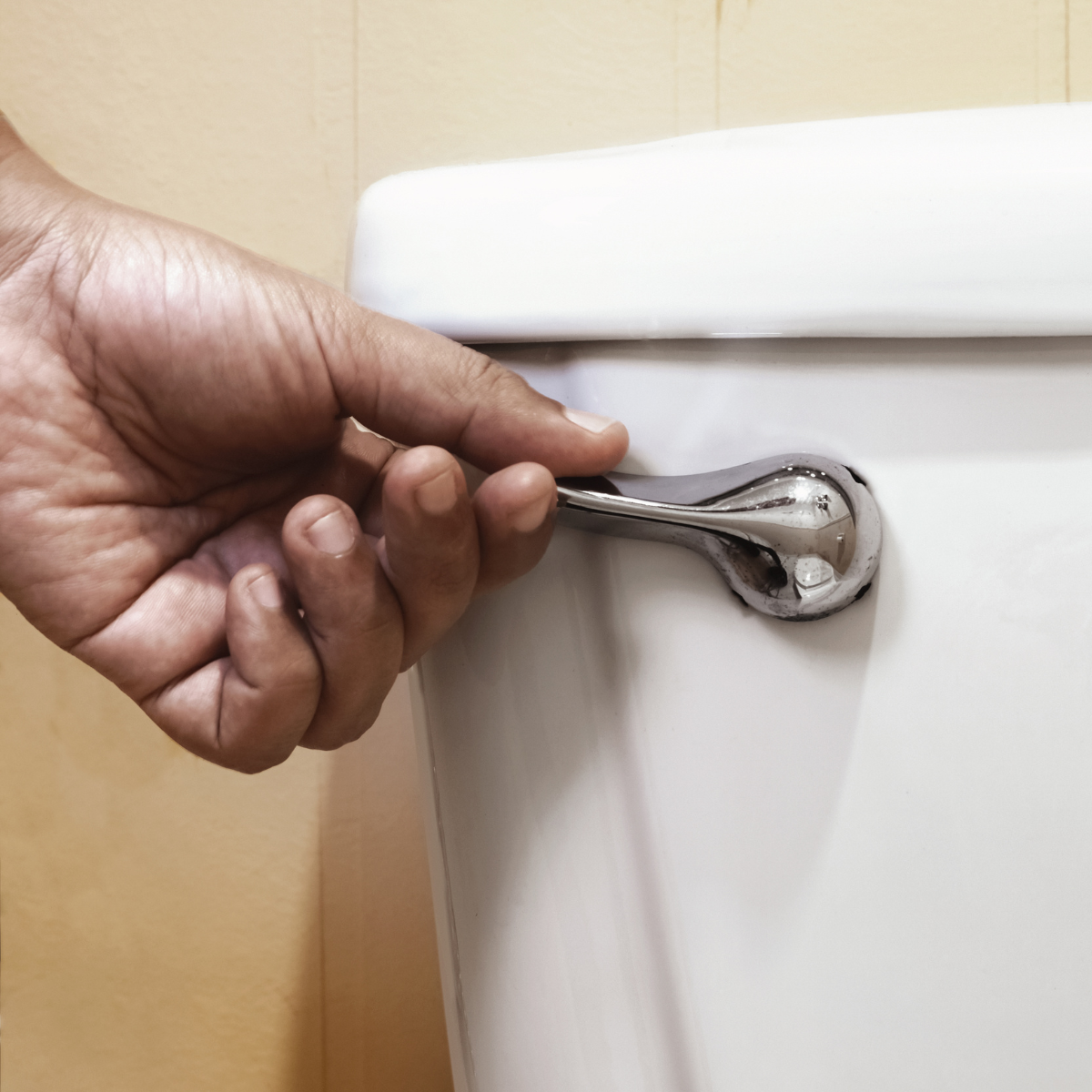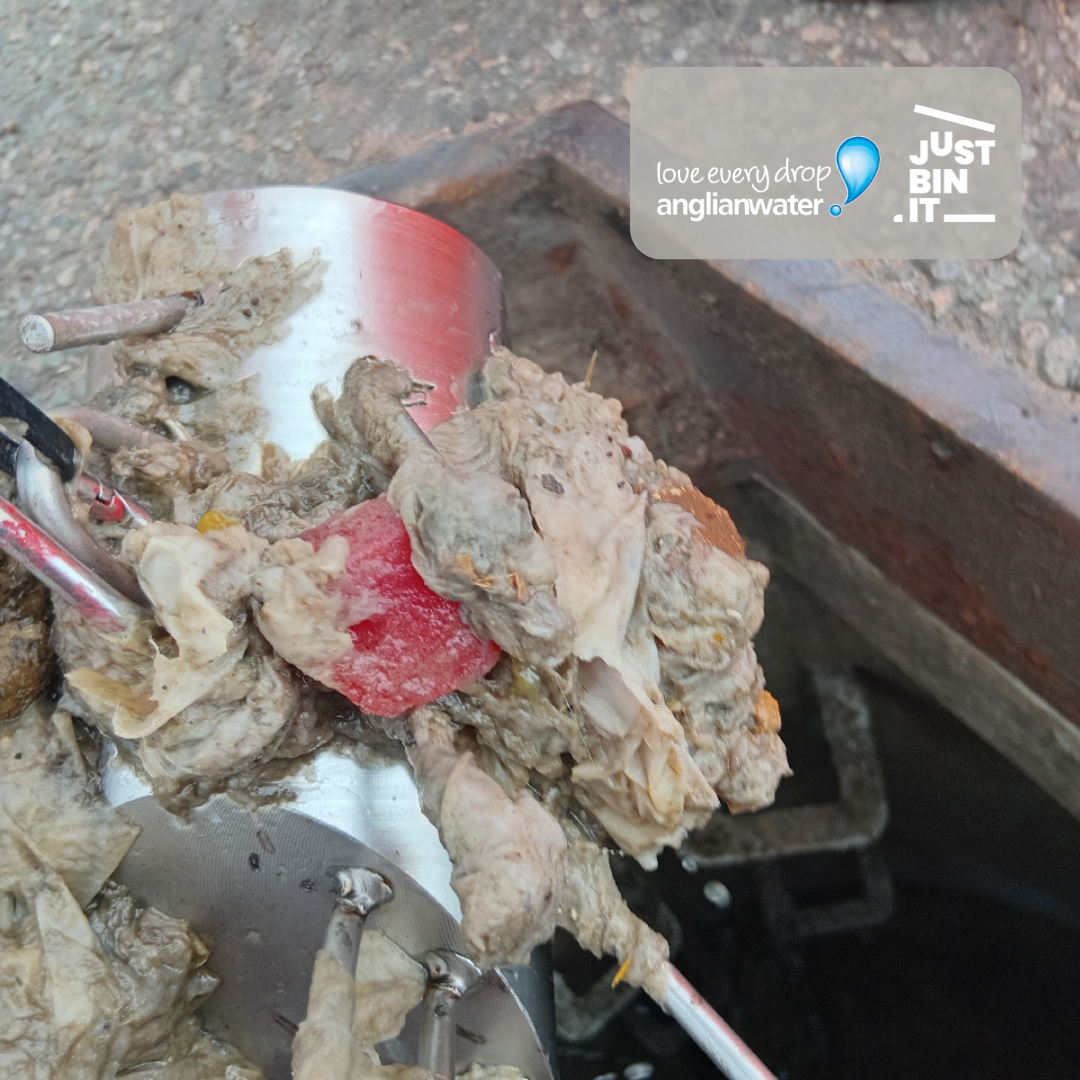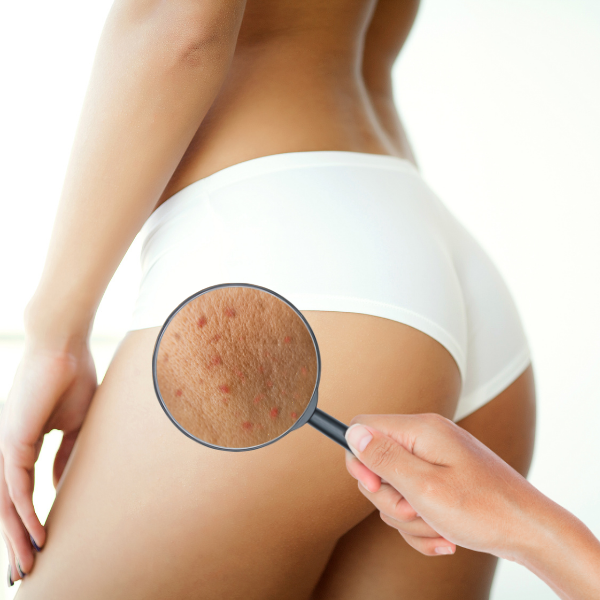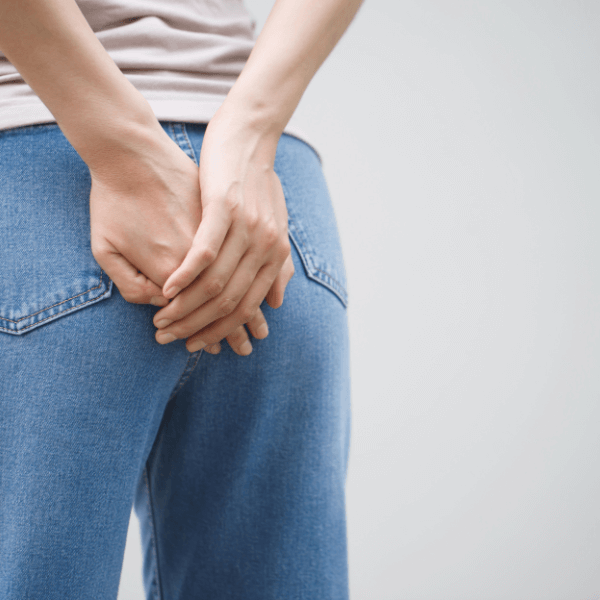Ageing and your bum: How it changes and how you can keep it healthy.

Ageing and your bum: How it changes and how you can keep it healthy.
Abraham Lincoln once said “In the end, it’s not the years in your life that count. It’s the life in your years.” Sure, he had a point, but we think there’s a bigger, rounder, and more functional part of life that takes the cake. One that even Abraham Lincoln was too nervous to utter.
Yeah, we’re talking about your bum.
We’re here to tell you that all is not lost when it comes to keeping that backside in tip top shape during your golden years! Sure, there are some backside horror stories that you may not want to relay to your grandchildren around the campfire, but that doesn’t mean we don’t need to address them!
So, we’re here to break down the stigma and let you know you that your buttocks CAN, in fact, age like fine wine.
Bryan Johnson: The man who’s trying to reverse the age of his bum
Did you know that Bryan Johnson, a 45-year-old entrepreneur, is trying to reverse his age, bringing his body back to the stage it was at when he was 18? Well, when we say his body, we mean all of it, including his bum (we’re not even going to imagine how he’s doing this)! But why would a 45-year-old man be so willing to spend $2 million a year to keep a youthful backside?

For the anus to be a priority on Johnson’s list, it must be pretty important to keep everything below the waist healthy and youthful. It makes sense though, optimal health means taking care of every inch of our bodies. If you had the chance, would you pay to revert to your 18-year-old backside? Food for thought...
What happens to the bottom as you age?
Our bums change in wondrous ways as we age, it’s just how life goes! Now, that’s not to say that as soon as you hit 65 your backside just packs up shop and leaves you for good. In fact, your lifelong buddy will be there for you even in the darkest of times, no matter your age.
At Wype, we give you information that can help you understand your body, allowing you to open the conversation when you might need some support. Changes are totally normal, and not all things happen to everyone, some people might not notice any changes at all! The point is, when you have the information, you’ll never be left in the dark, and you’ll be able to live your best butt life!
Here are a few natural changes your bottom COULD encounter on its journey to the later years of life:
Muscle Degeneration: Okay, it’s not as scary as it sounds! The muscles surrounding the rectum and anus, known as the anal sphincters, can weaken over time. This might mean it’s a bit harder to control bowel movements, so keep your eyes on that toilet door!
Decreased Elasticity: This means exactly what you would assume it would. The tissue of the rectum can become less elastic with age. This loss of elasticity can influence the ability of the rectum to stretch and store stool, potentially leading to more frequent bowel movements or urgency.
Decreased Sensitivity: There can be a reduced sensation in the rectal area, making it harder to know when you need to go. This decreased sensitivity might increase the risk of constipation or faecal impaction, where stool becomes lodged in the rectum. Sounds fun right?
Reduced Blood Flow: As with other parts of the body, there can be reduced blood flow to the rectal area, which might mean injuries and infection will heal slower than before.
These are just a few possible ways that ageing can affect the junk in your trunk, but it doesn’t mean it will happen to everyone. It’s just good to be aware of what can and can’t happen, and what this means in terms of your health.
What are you more at risk of?
Being at risk of something doesn’t mean it will definitely happen to you. We can also lower the risk of certain conditions with prevention. For example, not going outside during a thunderstorm dramatically decreases the chances of being struck by lightning, the same way that looking after your back side will decrease the chances of encountering certain conditions. Trust us, you’d much rather prevent developing haemorrhoids than trying treat them, they’re really not worth the hassle.
However, how can we prevent getting struck by lightning if we don’t even look out the bloody window before we leave the house? In the same light, how can we prevent bottom issues without knowing what we’re even preventing? Here are a few things that we COULD be more at risk of in our golden years:
- Constipation
- Hemorrhoids (Find out more about haemorrhoids here!)
- Rectal Prolapse (only 2.5 in 100,000 people experience a complete rectal prolapse)
- Diverticulosis (small pockets in the bowel)
- Bowel Cancer (90% survival rate when caught early)
Although the risk of these conditions can be higher as we age, it in no way means that you will experience them. Everyone is different and experiences different things as we age. If you are worried about something, simply go and have a chit-chat with your local GP!
How to get the bum of an 18-year-old like Bryan Johnson
Okay, maybe we won’t all be able to achieve that, but It’s important that we try and keep our bowels in great shape, especially when we get to our later years. Here are some booty-beneficial measures to consider:
Fibre Intake: A high-fibre diet can reduce the risk of constipation. So, get those whole grains, fruits, vegetables, and legumes in!
Hydrate, hydrate, hydrate! Keep the juices flowing with 6-8 glasses a day (tea & coffee count too)!
Avoid Straining: Straining whilst on the pot can increase the risk of hemorrhoids and other rectal problems, rule number 1, don’t strain! If you’re struggling with constipation, you might benefit from these natural stool softener recipes!
Avoid Smoking: Smoking can decrease blood flow to the rectum and increase the risk of colorectal cancer.
Medical check-ups for an ageing bum
Talking to your doctor about butt stuff can be difficult, and sometimes embarrassing. But these people talk about bums all the time, and there’s definitely nothing to be ashamed of when it comes to below-the-waist care. Preventing medical conditions is always worth a little bit of bum talk in the long run. Here’s some down-there care tips:
Colonoscopies: Regular screenings detect abnormalities before they become severe.
Faecal Occult Blood Test: This test identifies potential issues like Inflammatory Bowel Disease and bowel cancer.
Pelvic Floor Exercises: Strengthen your pelvic floor to prevent faecal incontinence. Watch a beginners guide here!
Avoid Prolonged Sitting: Take walking breaks to reduce haemorrhoid risk and don’t strain on the toilet!
Good Hygiene: Keep the anal area clean and dry, using gentle methods. Using a sustainable alternative to wet wipes that’s soothing and moisturising cleans you much gentler than dry toilet paper.
And lastly...
CHECK YOUR POOP!
We should be checking for any change in consistency, colour, and any pain or discomfort. Every poop will be different, but we're looking for consistent changes in your bowel habits that stray from your ‘normal’.
The colour of your droppings can indicate to specific issues within your body, so it’s good to take note of them. Have a little look at the Wype droppings colour chart below!

Being able to know when you should seek help from a medical professional is great for preventing any potential issues. If you experience persistent changes in bowel habits, rectal bleeding, pain, or other symptoms, consult a healthcare professional. Early detection and treatment of problems can lead to better outcomes.
Wrapping up
There’s never going to be a one-size-fits-all approach to keeping your bum in good shape as you age, and not everyone has $2m a year to de-age their backside. However, we can implement these small changes into our lives to prevent constipation, health conditions and find peace in the natural process of ageing.
If we keep talking, look after our bodies and CHECK OUR POO, we’re able to get the right support at the right time, whilst giving the stigma around ageing and our bums the finger.
We’ve all been wiping for decades, and standard toilet paper (or worse, wet wipes) can get a bit boring. Feeling like upgrading your toilet time routine? Try the Wype Starter Kit, a sustainable alternative to wet wipes that will keep you smiling from cheek to cheek. It’s never too late to discover the wype clean feeling.



It’s so refreshing to be able to read about this subject that is written about so simply and openly. It’s not an easy subject to discuss, even with a GP, if you are suffering. Thank you Wype! I am finding your product a real help, too. And I now feel encouraged to consult my Doctor. x
At last. Just ordered starter pack.
Only at docs yesterday. With my bum !!
After googling found this product. Just ordered. So hopefully will help.
Thank you for this information, very interesting read. Good to see you breaking down the barriers and discussing the bum and beyond. Raising awareness of colorectal conditions is vital to prevent both serious medical conditions and those less serious problems that can all impact the quality of life. Thanks
What a great, informative, and important article! It is so important to take note of your bowel habits, and act on any changes! If you regularly poop once a day, and then you find you don’t poop for days, (and nothing has changed with your eating habits) that is a red flag, and you should inform your doctor ASAP.
I just love your company ever since Dragons Den. Wype has revolutionised bathroom breaks!
Brilliant article. Love your products. Keep up the good work. X
Wow! Thanks! Not a subject I’ve ever seen discussed elsewhere.
Thanks for that, never thought about it.